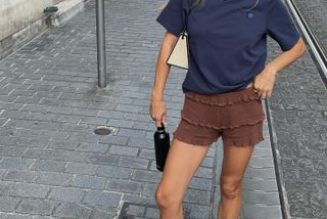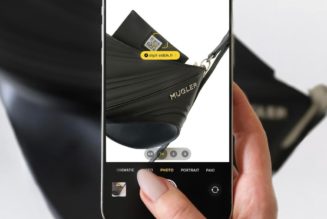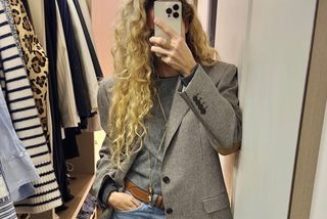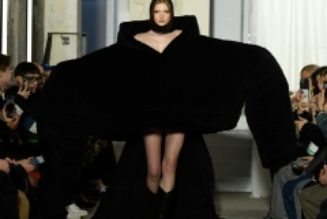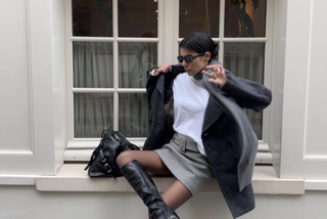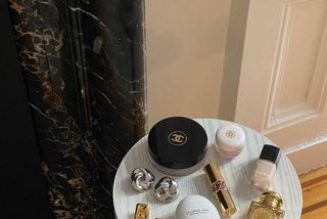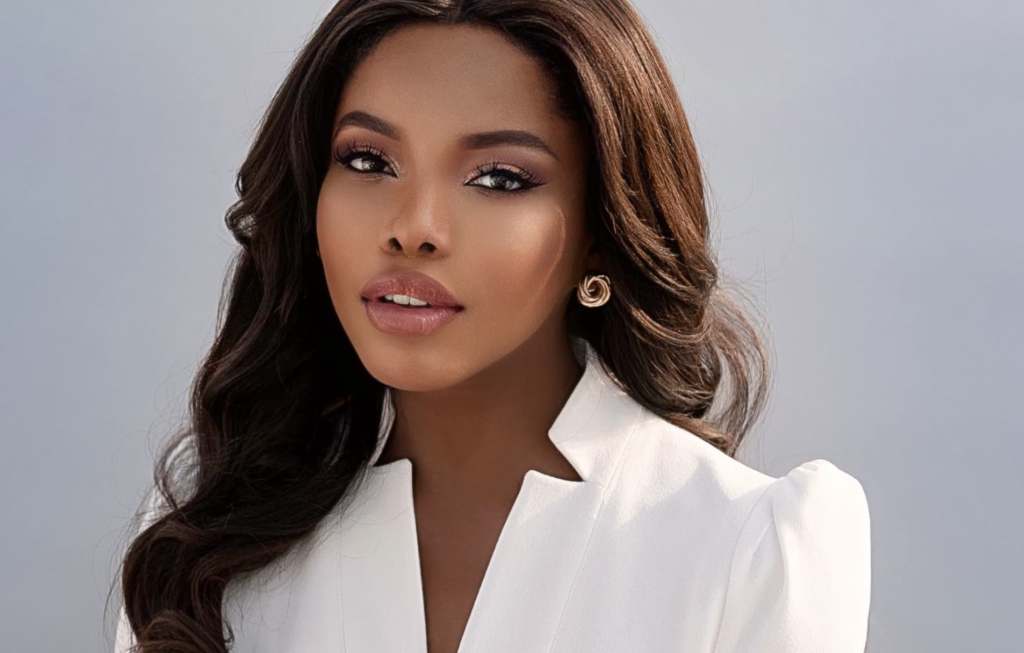
ChatGPT is the new favorite. The cutting-edge natural language processing system that can create captivating and lifelike text conversations tailored to the participants’ personalities and tones has been hailed as a breakthrough in AI, with many looking at it as a potential game-changer for the fashion industry.
But how does ChatGPT work, and what are its advantages for luxury brands? To learn more, we talked to Portia Antonia Alexis, a consumer business analyst, economist, and mathematician who has explored ChatGPT and its fashion applications in depth.
What is ChatGPT and how does it work?
ChatGPT is a deep learning model that uses neural networks to learn from large amounts of text data and generate coherent and relevant responses based on the input. It can also adapt to different contexts, tones, and personalities using emotion, style, and domain parameters. For example, it can produce casual or formal language depending on the situation.
How can ChatGPT be used for fashion?
There are many possible use cases for ChatGPT in fashion. One of them is to create personalized and interactive experiences for customers online or offline. For instance, ChatGPT can act as a virtual stylist or assistant that can recommend products, offer styling tips, answer questions or provide feedback based on the customer’s preferences, mood, and occasion. Another use case is to enhance designers’ creative process by generating new ideas, inspirations, or sketches based on their inputs. ChatGPT can also be used for marketing by creating engaging content such as stories, blogs, or social media posts showcasing the brand’s identity and values.
What are the benefits of using ChatGPT for luxury brands?
ChatGPT can greatly aid luxury brands eager to connect with their customers more personally without wanting to dedicate extensive resources to achieving that. Using artificial intelligence technology, luxury brands can challenge themselves to create new products, designs, or content that stand out. Brands can achieve human-like communication by being specific about the response they want from ChatGPT. However, training the responses might take some practice as the outputs at certain points might trail off to a different subject. Besides that, brands can find other benefits, such as boosting innovation and creativity, by exploring new possibilities and perspectives that may have yet to be considered.
What are some examples of luxury brands using ChatGPT or similar technologies?
A few luxury brands have experimented with ChatGPT or similar technologies to create unique and innovative customer experiences. For example, Burberry has launched a chatbot on Facebook Messenger that can help customers discover new products, book appointments, or access exclusive content. Gucci has also created a chatbot on Facebook Messenger that can act as a personal shopper and offer styling advice based on the customer’s preferences. Dior has used ChatGPT to generate captions for its Instagram posts that reflect its brand voice and personality. Prada has collaborated with ChatGPT to create a digital art project called Prada Mode that showcases its latest collections through immersive and interactive environments.
What are some challenges or limitations of using ChatGPT for fashion?
One of the main challenges of using ChatGPT for fashion is ensuring it aligns with the brand’s identity, values, and standards. ChatGPT is imperfect and may sometimes generate inappropriate, inaccurate, or irrelevant responses that may harm the brand’s reputation or customer satisfaction. So it becomes crucial to monitor the application and keep it from dictating the tone and tempo of your brand presentation. Providing feedback or corrections when needed helps. Protecting the brand’s and customer’s intellectual property rights and privacy is challenging. ChatGPT may inadvertently copy or disclose sensitive information such as designs, data, or personal details that may violate legal or ethical norms.
Portia Antonia Alexis is a consumer business analyst, economist, and mathematician who analyzes solutions to economic, finance, entrepreneurial, and business issues using neuroeconomic methods.

